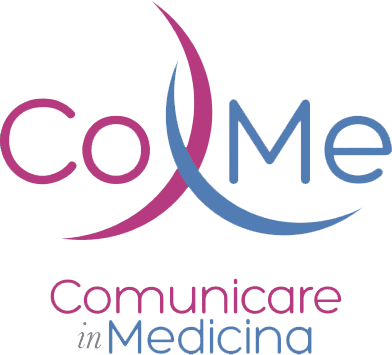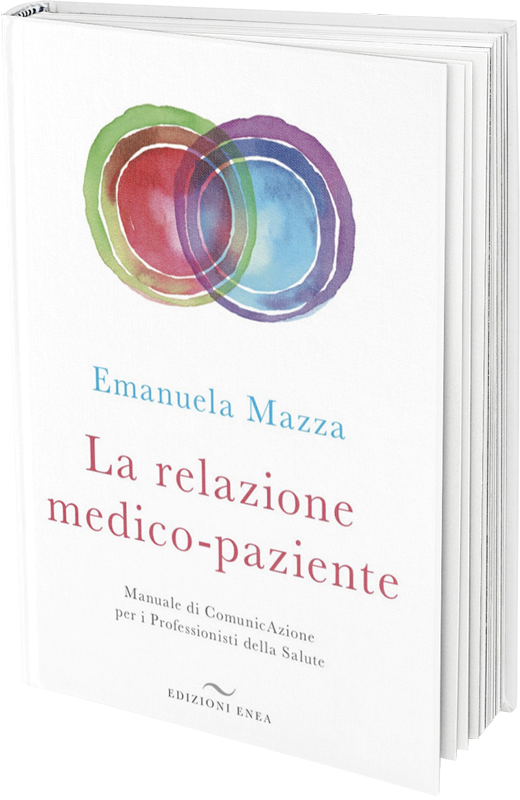Training
Coaching
About Me
Vuoi diventare un Coach professionista ICF?
Richiedere un incontro online gratuito


Communication in healthcare is not just the exchange of information, but the foundation of a trust-based relationship that can enhance the clinical experience and treatment adherence. On this page, you’ll explore how authentic and transparent dialogue can transform the relationship between doctor and patient, creating a more human and effective care path.


Effective communication is key to building trust, reducing anxiety, and improving treatment adherence. Numerous studies show that open dialogue between doctor and patient leads to better clinical outcomes and greater satisfaction for both parties.
This section explores the value of communication as an essential tool in everyday clinical practice.

Adopting targeted communication techniques is essential for building a solid and trust-based relationship with patients.
This section explores practical tools to improve the quality of dialogue:

New technologies offer valuable opportunities to improve communication in healthcare.
From telemedicine platforms to digital monitoring tools, these innovative approaches enable continuous and personalized dialogue, integrating traditional techniques with cutting-edge digital solutions.
Learning to communicate effectively at a distance is now a fundamental skill: using these tools with awareness and sensitivity can strengthen the relationship between healthcare professionals and patients, making it more dynamic, accessible, and interactive.


Train to communicate with clarity and empathy with patients and colleagues, using international models like the Calgary-Cambridge guide to structure clinical interaction effectively and humanely.

Learn to communicate effectively in public, whether in front of small groups or large audiences. Engage, manage time, regulate your emotional state, and confidently achieve your goals.

Develop key coaching skills to build trust, listen actively, ask powerful questions, and support change within the care relationship.

Acquire strategies to recognize, regulate, and train your emotional state, enhancing presence, clarity, and communication in daily clinical practice.

Train your ability to work synergistically with colleagues in interprofessional settings. Learn to value differences, foster collaboration, and strengthen teamwork for more effective and integrated care.

Cultivate your ability to lead and inspire in complex environments. Effective leadership is key to motivating colleagues, driving change, and improving care quality.
Communicating effectively in healthcare is not just a natural talent: it’s a skill that can be learned and trained.
The six training areas represent targeted paths to develop abilities that enhance effectiveness, care quality, and professional well-being.
Emanuela Mazza, MCC Coach and Trainer, Lecturer in Communication Skills in Medicine at the Catholic University of the Sacred Heart.


Emanuela Mazza, Professor of Communication Skills in Medicine at the Catholic University of the Sacred Heart and former patient, addresses physicians, nurses and all health professionals, reminding them that doctor-patient communication is not an optional side dish of the health professions, but rather a central ingredient of the therapeutic pathway.

An autobiographical account that traces the story of the sudden and fulminating illness that led Emanuela Mazza from liver transplant, to coma, to recovery and “restart.” A journey that beyond the physical aspects represents a total revolution for Emanuela. A journey that involves all emotional spheres.